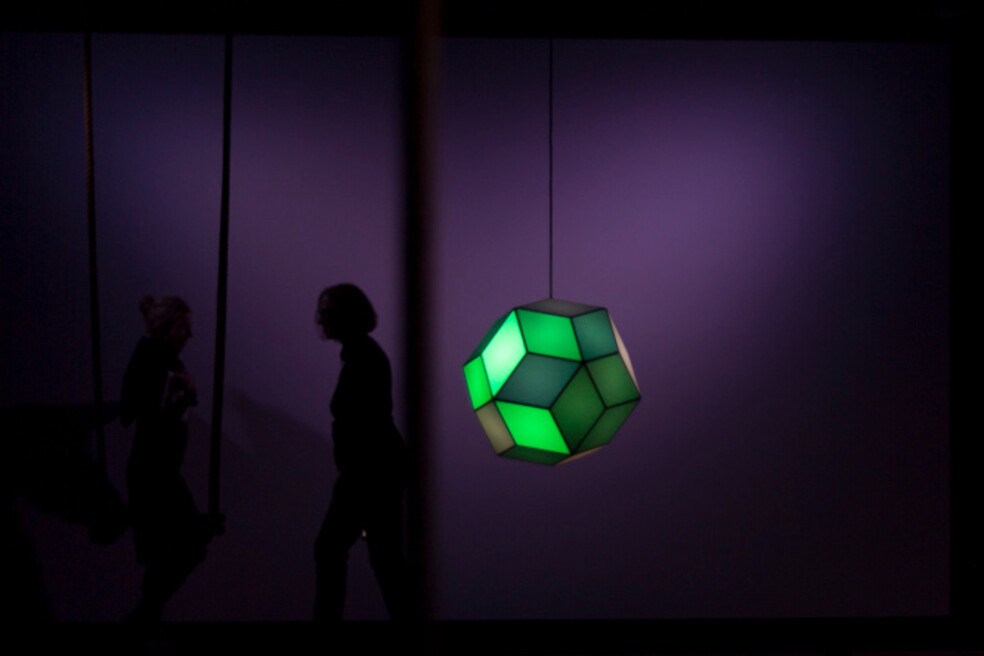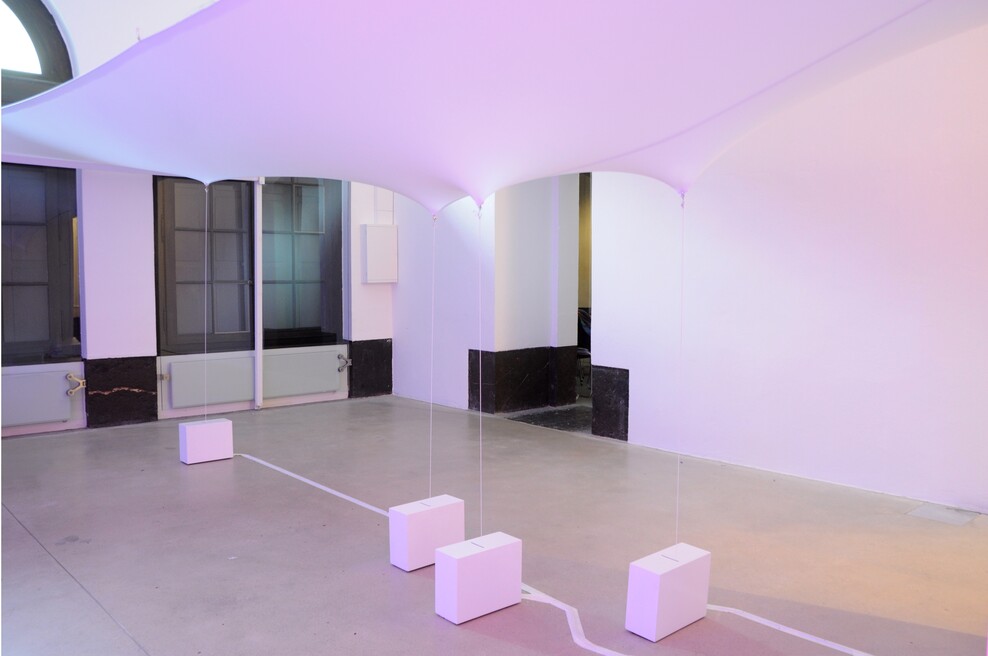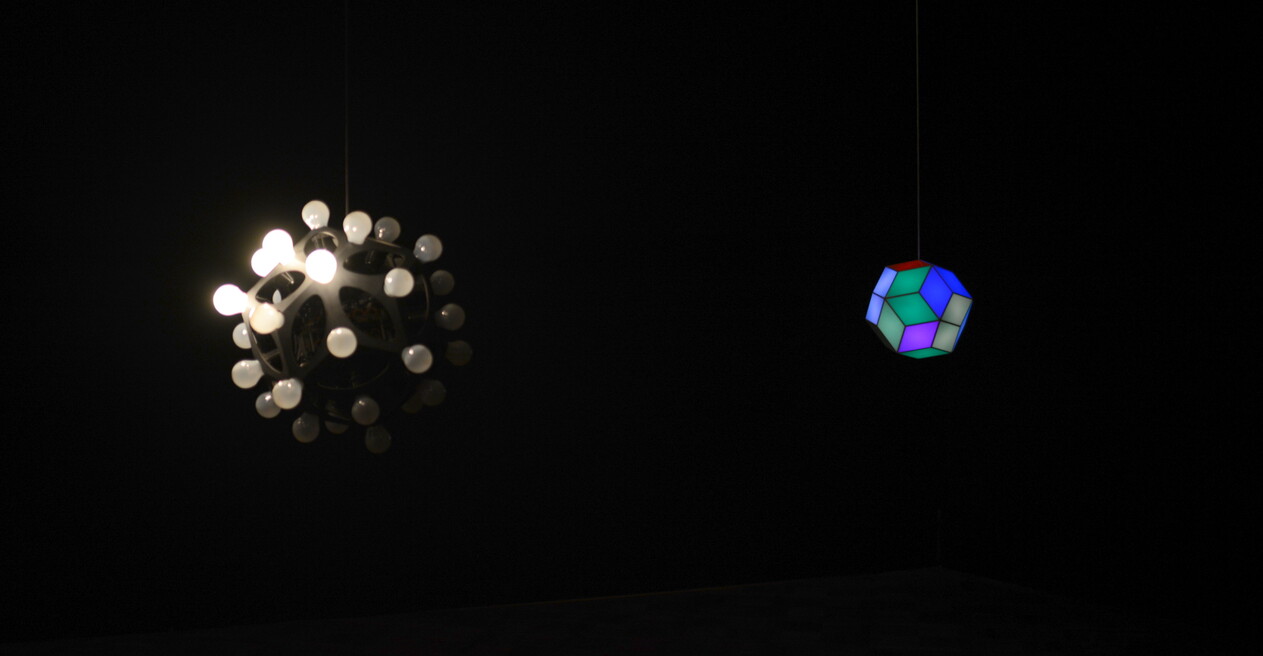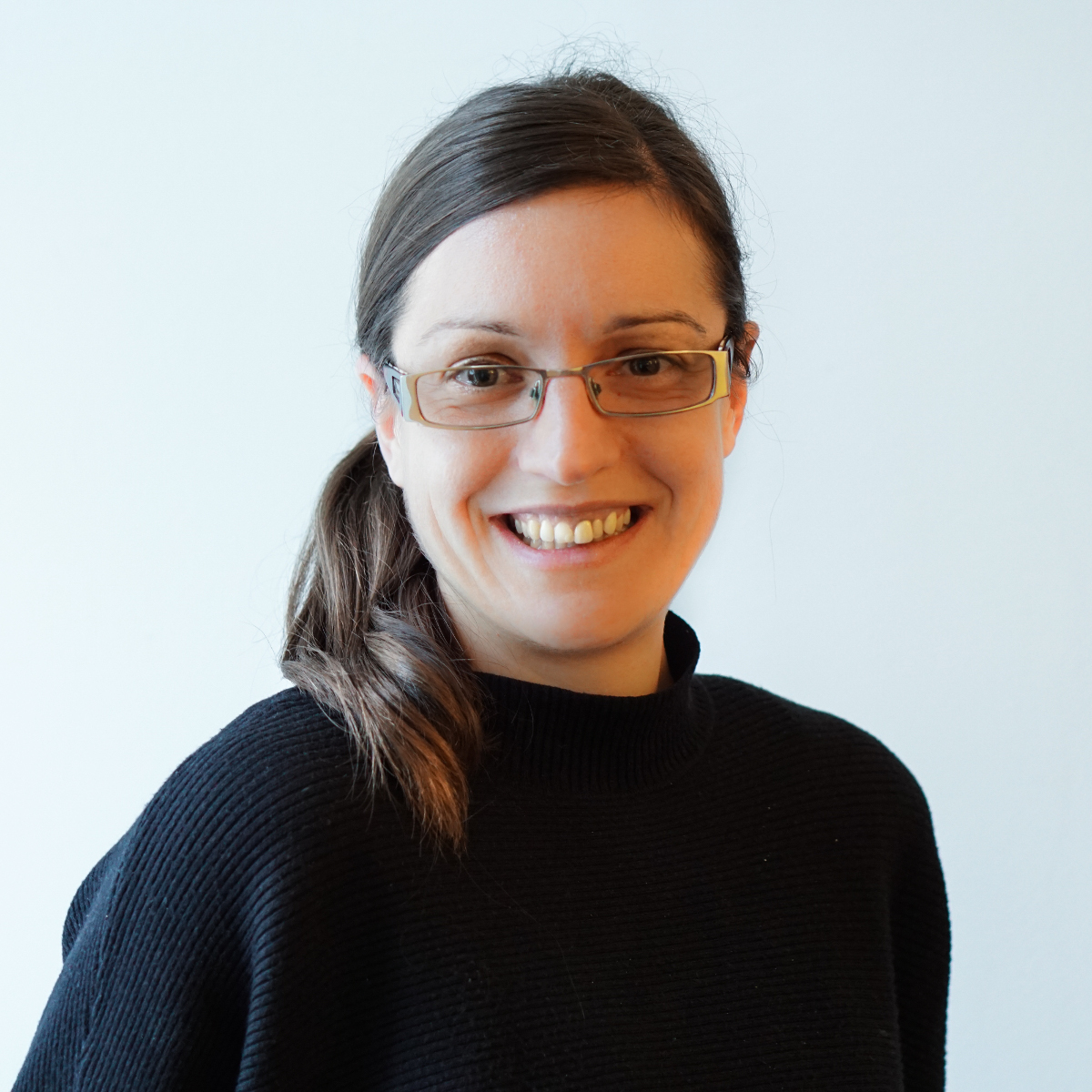Selena Savić
Bereich: Medienkunst, Digitale Kunst
Key Facts
Nationalität
SerbienBereich
Medienkunst, Digitale KunstWohnort
Lausanne (SUI)Empfehlende Institution
RIAT – Research Institute for Arts & TechnologyZeitraum
Juli 2017 - August 2017Selena Savić is an architect, designer and researcher, interested in architectural qualities of (wireless) communication technologies and the way it mediates the space we inhabit. Combined with the background in urban planning and research in the cities, her interests gave rise to a practice of interrogative design of objects and spaces. Some of her work, exhibited at numerous shows and festivals, can be found here.
Selena graduated from the Faculty of Architecture, University of Belgrade (2006) and the Networked Media department at the Piet Zwart Institute in Rotterdam, The Netherlands (2010). Since September 2011 she is a doctoral candidate at the Federal Technical Institute in Lausanne, Switzerland (EPFL) and the Instituto Superior Técnico in Lisbon, Portugal (IST), and a grantee of the FCT, Portugal. At EPFL, Selena is a PhD researcher at SINLAB, an experimental laboratory situated at the intersection of performing arts, architecture, science, engineering and philosophy. She is one of the founding editors of the interdisciplinary journal Contour.
<link http: emperors.kucjica.org>emperors.kucjica.org
After decades of perfecting digital tools in all areas of life, the perspective interestingly shifts from the agency residing in software to the agency residing in humans, engaged with computer-aided creation processes. While we increasingly entrust decisions and comprehensions to computation (machine sensing and machine intelligence) we talk more and more about our ability to control these systems. I propose to deepen this perspective with inputs from a community of architects, reporting on their engagement with digital tools and their outputs.
I believe a lot can be learned about our relationship with digital tools from the way we spontaneously share opinions on social networks. To this end, I propose a framework based on existing open source tools such as Python tweepy, facebook, textmining, markovify, neural-storyteller modules to inform the activity of programmed accounts (bots) which talk to and engage with the selected community. This act of talking, according to specifically programmed rules is an act of modeling the discourse. I observe the way other avatars will engage with, in order to document and study their interactions in a multitude of ways.





